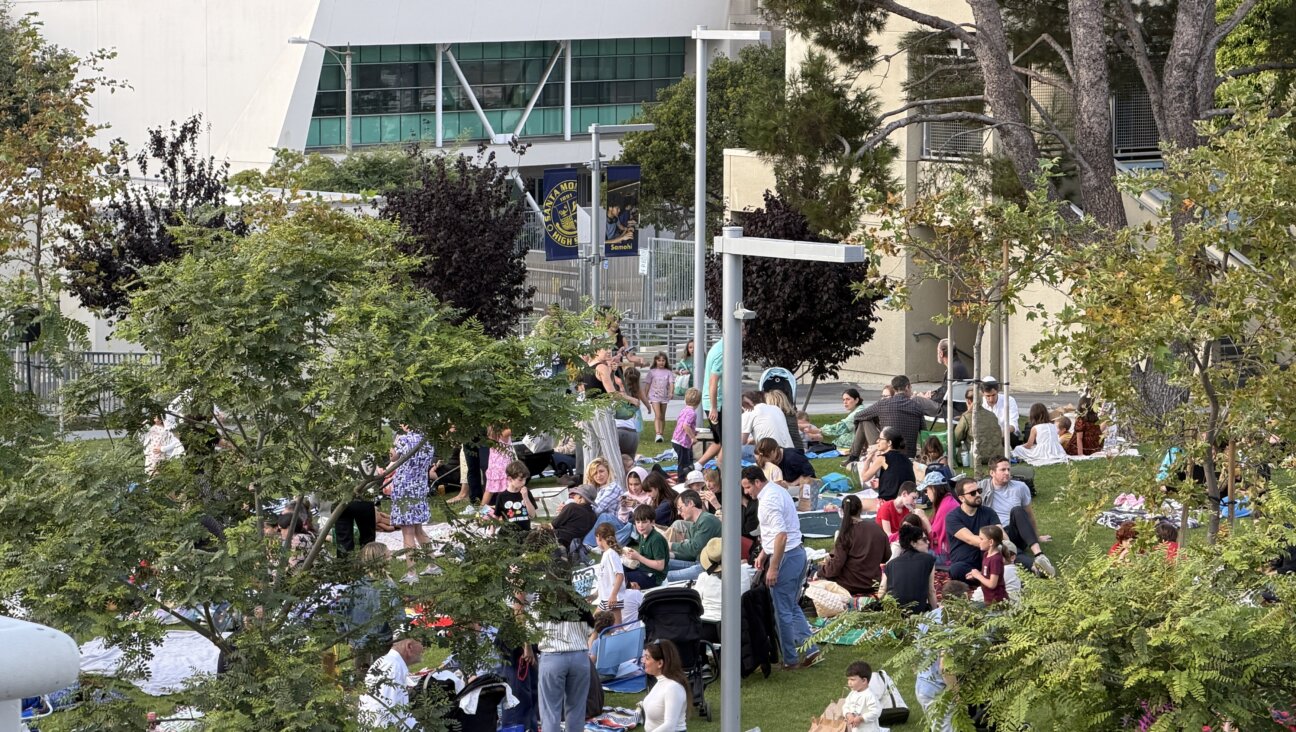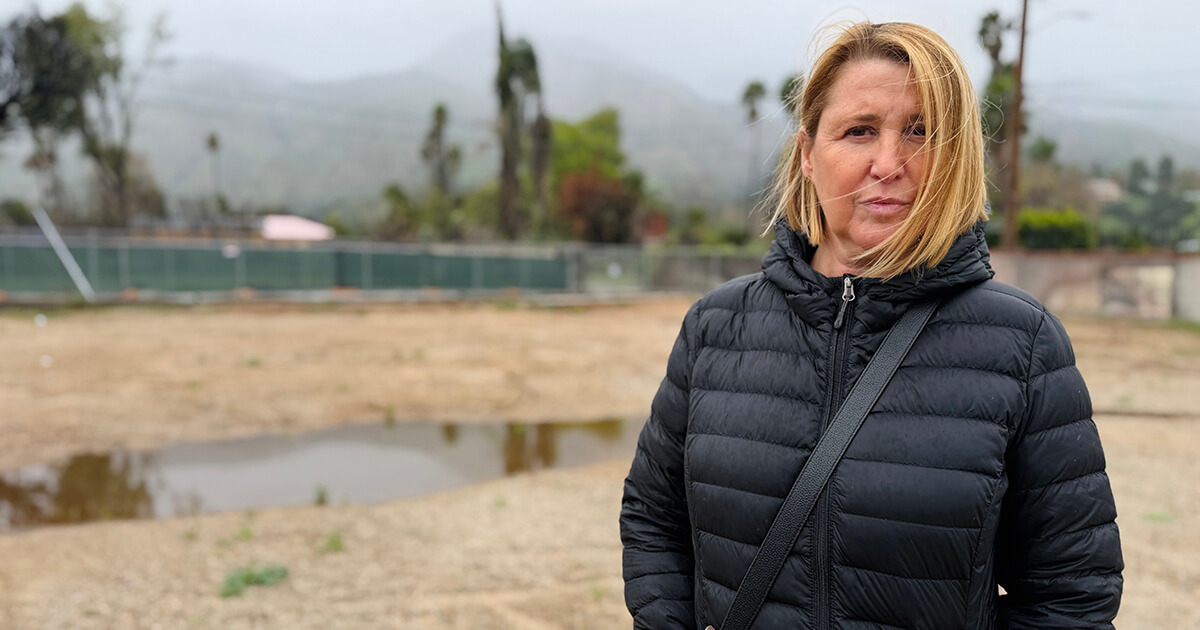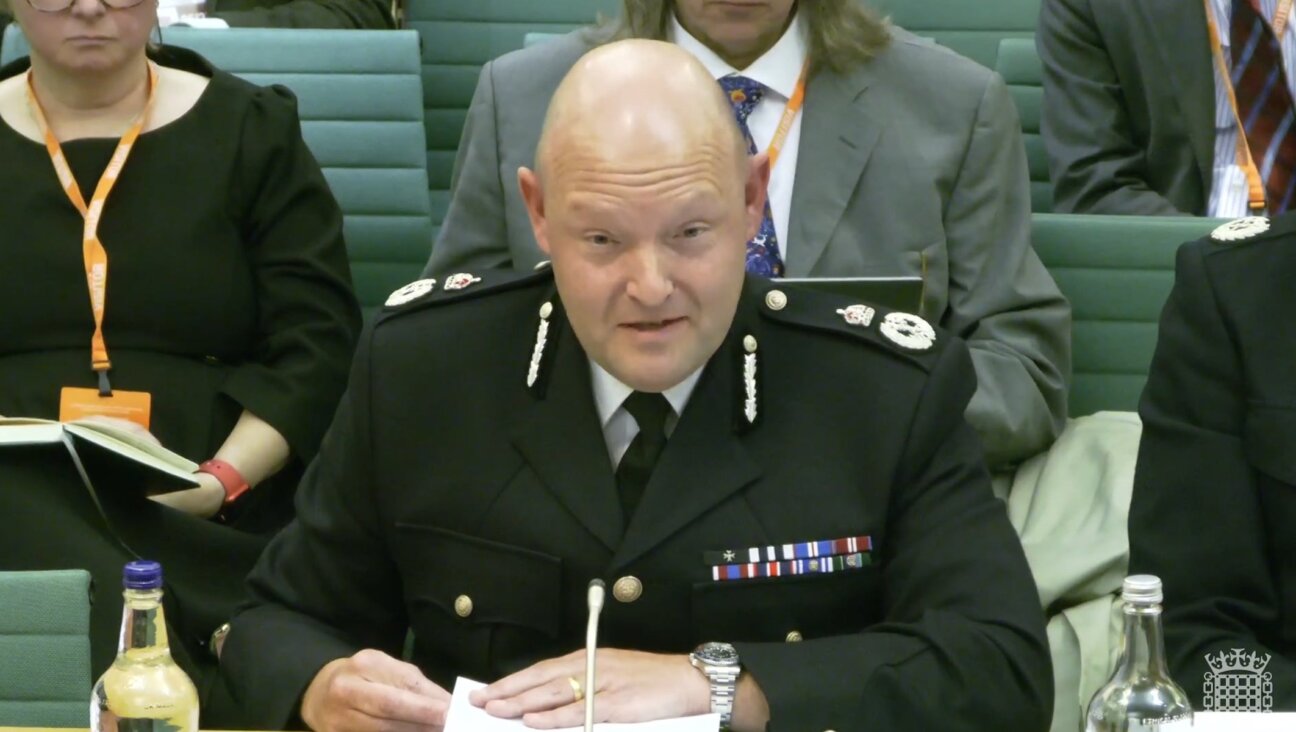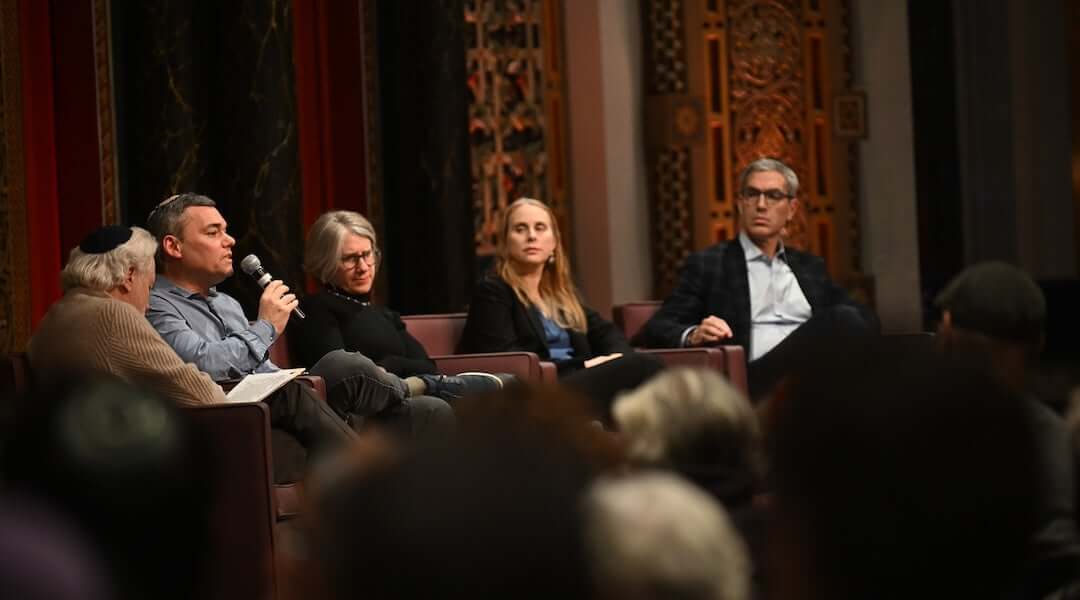Lawyers’ Fees Questioned In Gold Train Settlement
An out-of-court settlement has put the moral questions surrounding the Hungarian Gold Train on hold, but a new debate has sprung up over how much money should go to attorneys who prosecuted the case.
Last week, the law firms involved petitioned the judge for $3.85 million of the $25.5 million that the American government has agreed to pay in the settlement. In their petition, the lawyers cited the 16,000 hours of work they have put in over the last five years. While a number of the plaintiffs have provided vocal support for their lawyers, the fee request has drawn criticism from some insiders in the fight for Holocaust restitution.
The survivors in the case have been seeking restitution for valuables on the storied Gold Train, which contained the Hungarian Jews’ goods that had been stolen by the Nazis. The United States took possession of the train in 1945, and few of the priceless objects on board ever made it back into the hands of Hungarian Jews. A 1999 report from an American presidential commission found that American army officers had looted and pilfered a number of paintings, oriental rugs and other valuables from the Gold Train after it was recovered in Austria.
The lawsuit against the American government has been controversial since it was filed in 2001, in part because of the unexpectedly spirited defense put up by the United States Department of Justice and in part because there was little evidence tracing objects on the train to any specific Holocaust survivor. The lawyers said that given the case’s difficulty, their fee requests were “deeply discounted.”
“We achieved this as a result of a tremendous amount of work,” said Jonathan Cuneo, the lead counsel from the three law firms working on the case. “There has to be some reasonable reckoning at the end of the day. Otherwise, no attorney would do this kind of case again.”
But Roman Kent, a survivor leader who was not involved in the matter, has written to the Miami federal judge, asking her to reject the lawyers’ request when she finalizes the settlement in September.
“I think it’s outrageous — scandalous — taking advantage of the survivors and trying to make millions for the lawyers,” Kent told the Forward.
Kent argued that the percentage taken by the lawyers should be closer to what it was in other Holocaust restitution class action suits — like those against the Swiss banks and German industry — in which the lawyers took between 1% and 2% of the overall settlement. However, those cases involved billions of dollars, while the current case involves only $25.5 million. According to a 2003 study by a Cornell University professor, the average lawyer fees in American class action suits were 21.9%. In the Gold Train case, the total fees are 15% of the overall settlement with 12% going to lawyers’ fees.
The overall settlement was significantly lower than what the plaintiffs had sought originally. When the case began, survivors were asking the American government to pay $10,000 to any qualifying Hungarian survivors — of which there are about 62,000. Because a division of the $25.5 million would have been minuscule, the preliminary settlement allows for no direct payments. Any money the lawyers don’t receive will go to social services for needy Hungarian Holocaust survivors.
According to people who took part in the negotiations leading up to the settlement, the lawyers’ fees — between $450 and $500 an hour for the lead counsels — were one of the major bones of contention during the discussions. The lawyers asked for $5 million, but they were worked down to a $3.85 million cap in the final days of the negotiations, sources said. Other fees have also drawn the ire of critics. For example, the former vice chairman of the U.S. Holocaust Memorial Museum, Mark Talisman, charged the law firm $242,500 for the advice he provided to lawyers in the case.
Michael Bazyler, a Whittier Law School professor who has written a book on the legal aspects of Holocaust restitution, criticized Talisman’s fee and said he would have liked the totals fees for the case to be below 10%. But, like a number of legal authorities who commented on the case, Bazyler said the settlement was remarkable given the case’s lack of legal merit, particularly because of the lack of evidence linking the contents of train to any individual survivor.
“The lawyers here were legal magicians,” Bazyler said. “The number is high, considering the fact that the individual survivors aren’t getting anything. On the other hand, without the class litigation there would have been zero recovery.”
Irving Rosner, an 82-year-old survivor who was the lead plaintiff in the case, said he thinks it’s mildly unfair that he is not receiving a penny after spending time and energy attending hearings and meetings.
But he said of the lawyers, “I know they put in a lot of work.” He added, “I didn’t do it to get money.”















